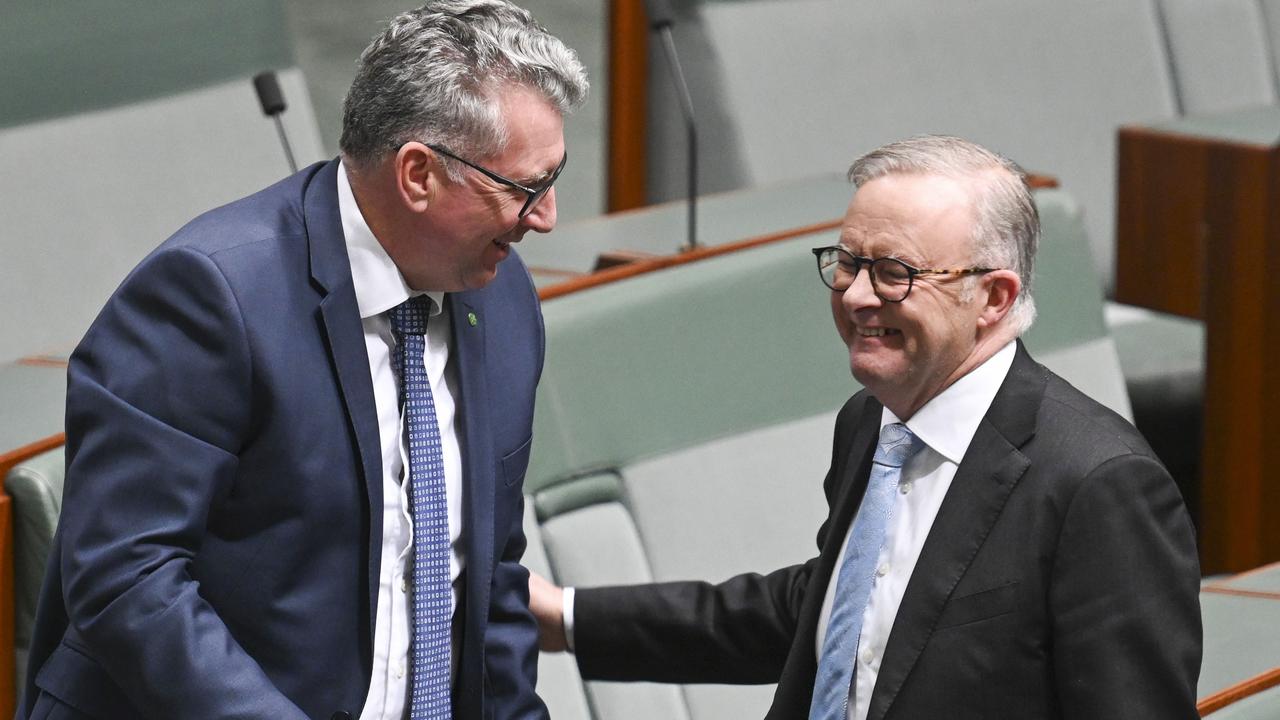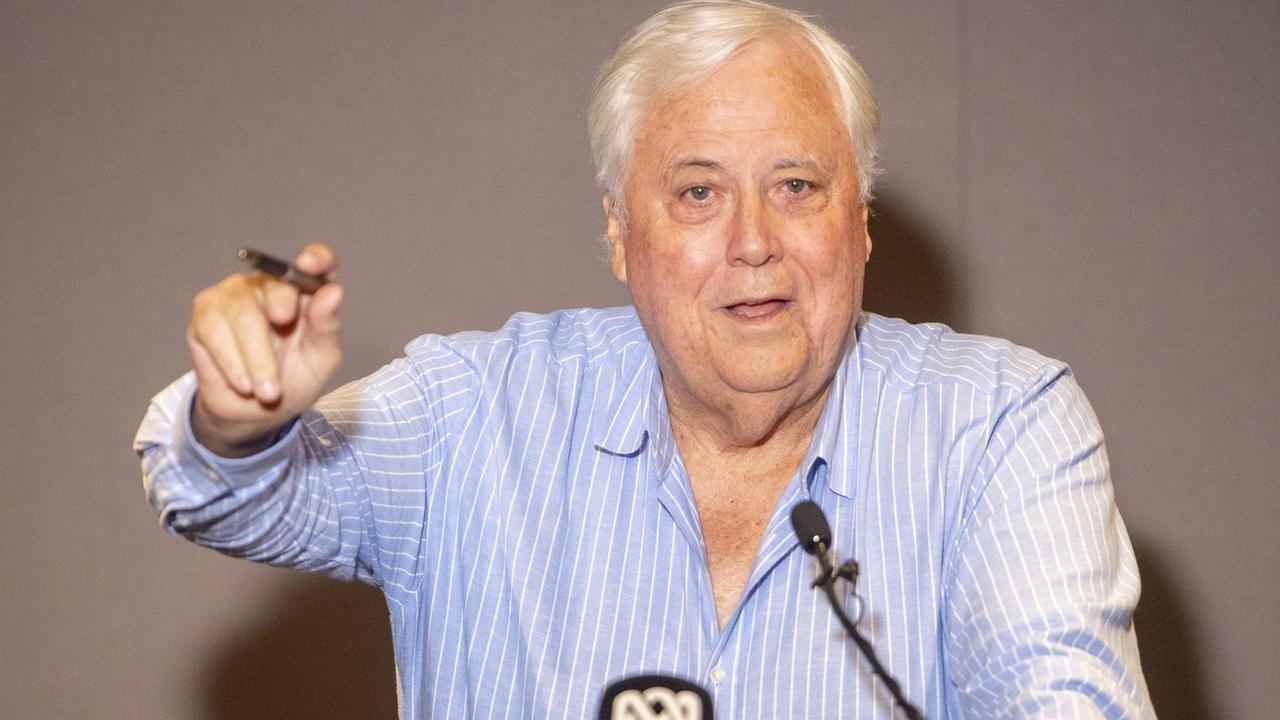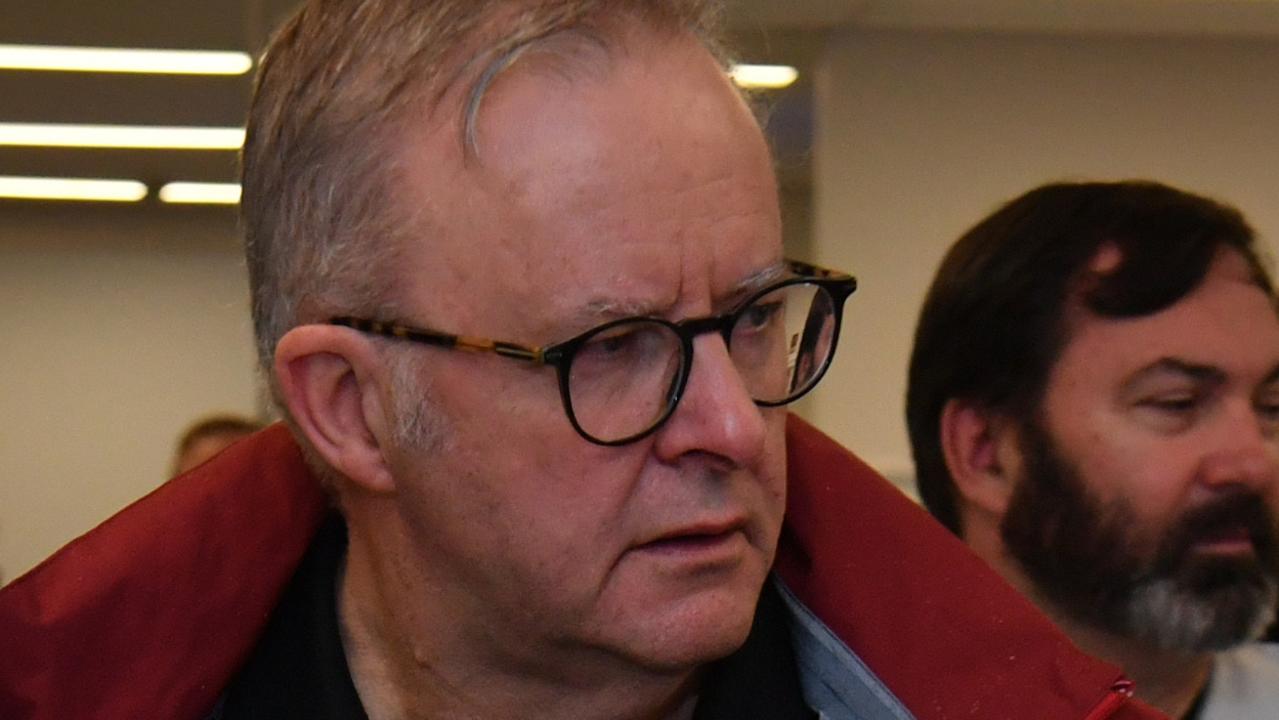‘The elephant in the room’: independent candidates address the lack of diversity in their ranks
Ahead of what may be an election like no other, independent candidates have been forced to confront the ‘elephant in the room’.
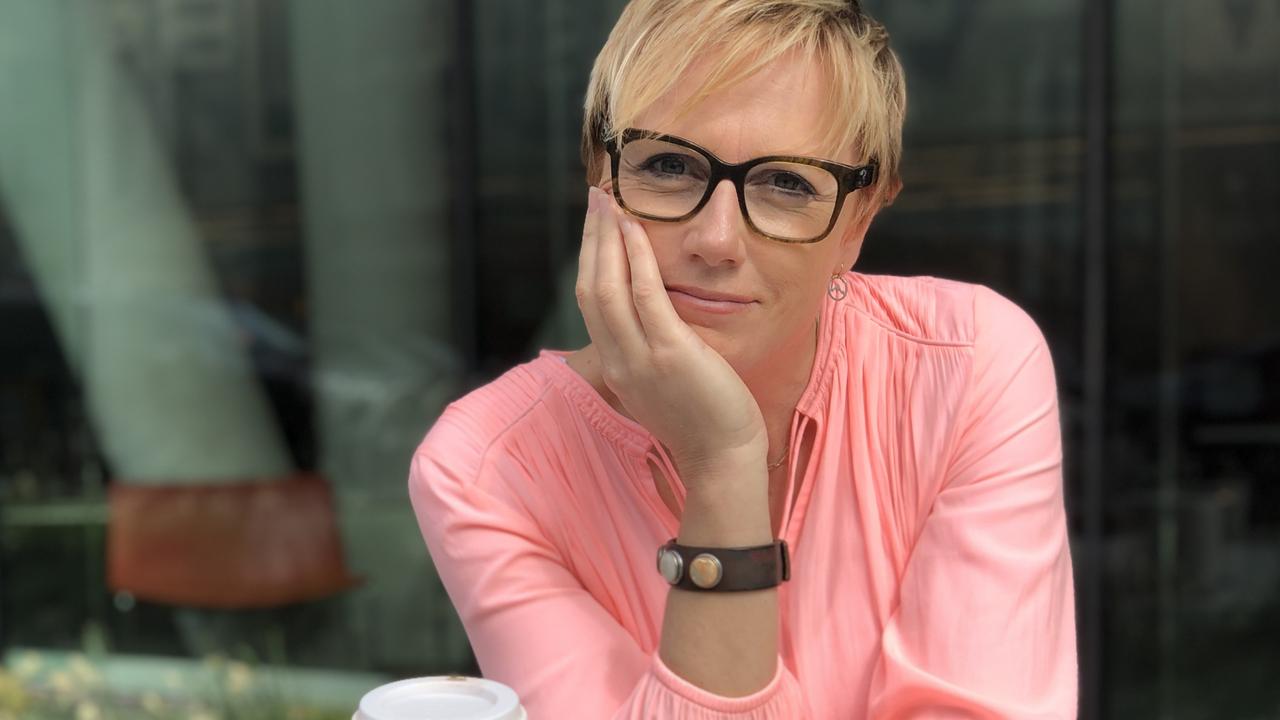
There’s no escaping that many of the independent candidates standing at next year’s election share a number of common traits.
At a panel meeting on Wednesday night, several candidates were forced to confront the “elephant in the room”.
The panel consisted of Zoe Daniel, Georgia Steele, Jo Dyer and Kim Rubenstein – all of whom are white women from middle to upper class backgrounds.
“Why am I sitting in here? In part it’s because I’m a white person who has had opportunities,” said former ABC journalist, Zoe Daniel who is running in the Melbourne seat of Goldstein.
“Yes women face roadblocks, but that’s very different to the sorts of roadblocks that are placed in the way of people from different cultural backgrounds.”
“That is something I can advocate for, once I’m elected.”
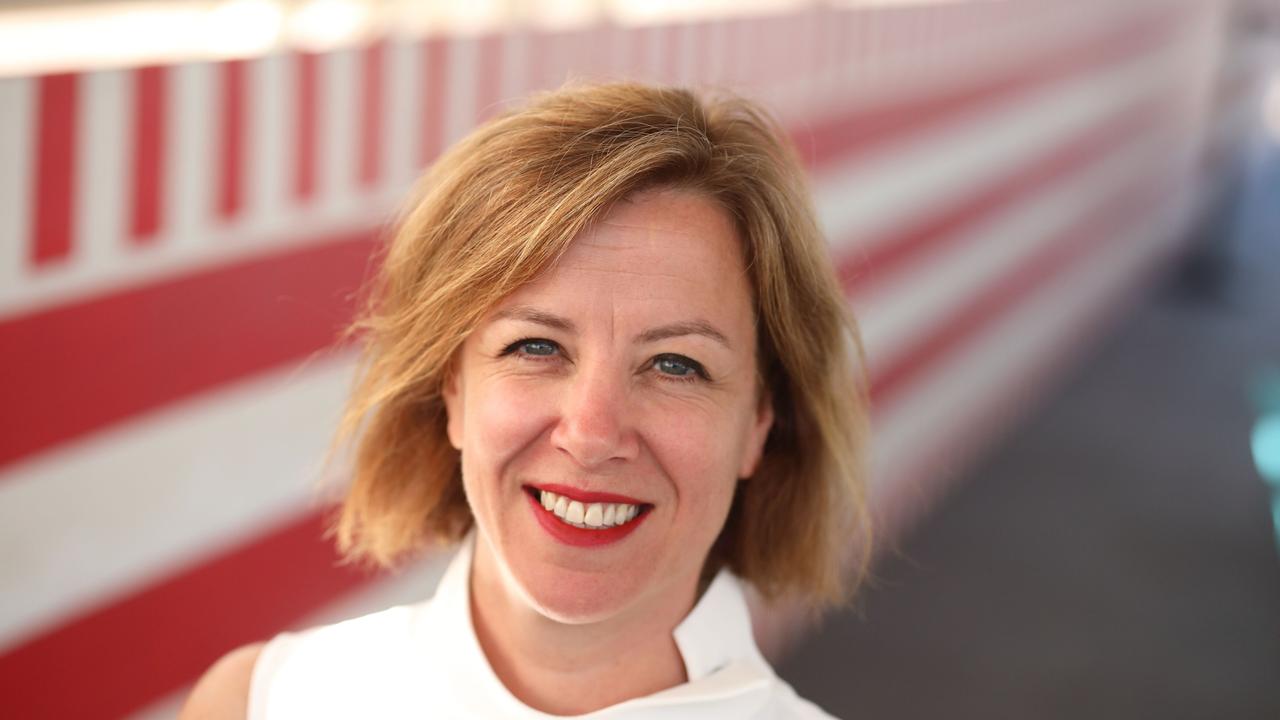
Georgia Steele, who is running in the seat of Hughes in Sydney added there was still plenty more room in politics for women, who comprise just 31 per cent in the House of Representatives.
“I firmly believe that our parliament should reflect the country that we have – in all its diversity,” Ms Steele said.
The panel agreed that government policy should consider how it affects people from different cultural settings, and consult with those groups, noting the Uluru Statement from the Heart which seeks to give Indigenous Australians a direct voice to parliament.
Kim Rubenstein, who is running as a senator in the ACT, said the panel shared a common recognition of their privilege and a belief in using that to better the country as a whole.
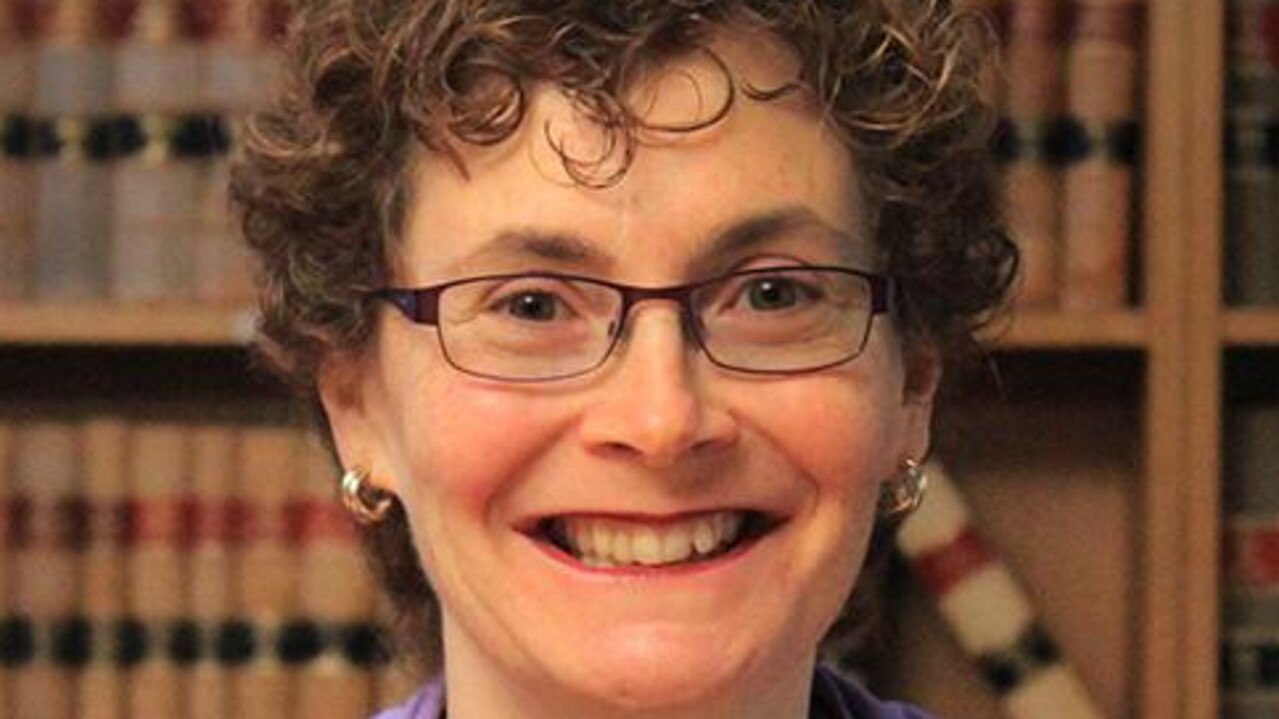
She added that a position in the Senate would allow her to be a part of enacting constitutional change to implement the Uluru Statement, which she says could be a catalyst for further necessary changes to the constitution.
“There is another constitutional change that could help with cultural diversity and that is of course section 44(i) of the constitution,” she said.
“49 per cent of people in Australia are either born outside of the country or their parents are born outside of the country. That means that all of those people have access to another citizenship that they have to renounce just in order to nominate to run (for election), with no guarantee even of winning.”
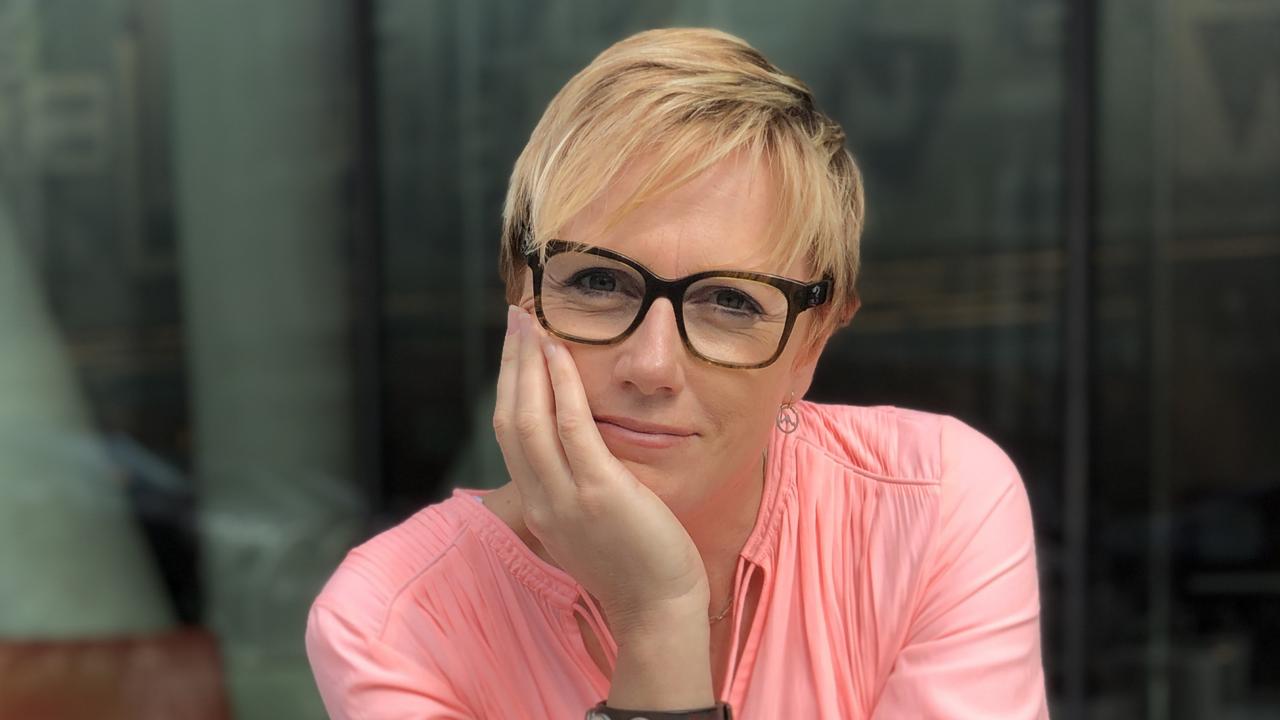
Alongside climate and integrity in politics, gender equality has emerged as potentially a key election issue, with the stories of Grace Tame and Brittany Higgins dominating headlines.
However, as the election grows closer, Liberal candidates, including Prime Minister Scott Morrison, have sought to focus the narrative on questioning the actual independence of independent candidates.
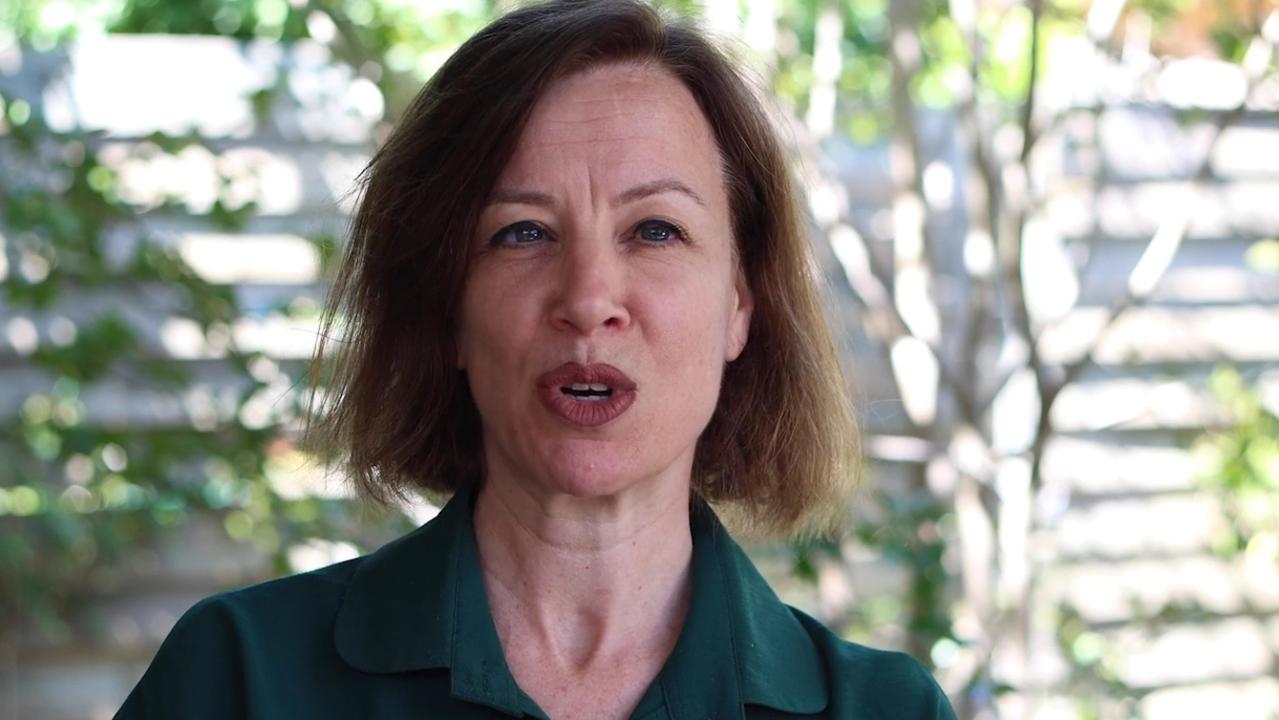
Jo Dyer, who rose to prominence after supporting a friend in the Christian Porter rape allegations, clarified that independents were “doing it under their own steam”.
“Sure, Climate 200 may well be contributing and some people are well-networked or quite well-resourced, but that’s not the case everywhere,” Ms Dyer said.
“This election, where so much is at stake, there is a viable third option.”

